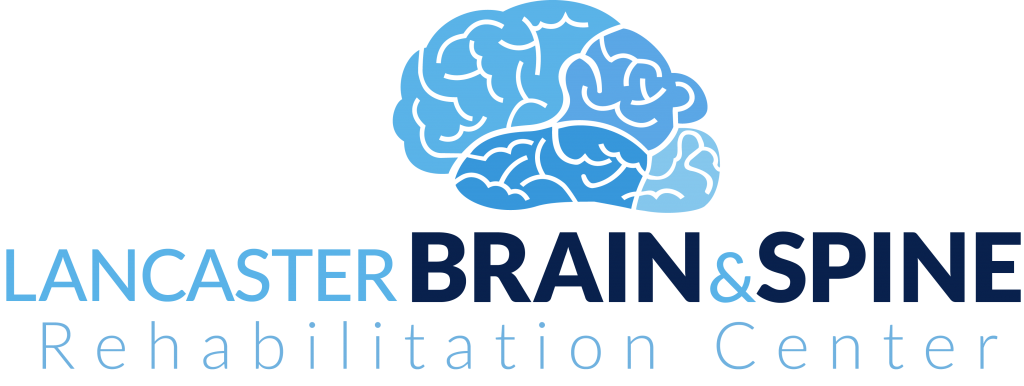In functional neurology and chiropractic care, we believe the brain and body are intricately connected. Optimal neurological function isn’t just about treating symptoms, it’s about creating daily habits that support brain health at its core. Small, intentional shifts in your routine can significantly improve how your brain and body communicate, heal, and thrive.
Here are a few foundational habits and supplements that support neurological wellness, from a functional perspective.
1. Prioritize Restorative Sleep
Sleep is when the brain does its most essential housekeeping. During deep sleep, your brain clears out metabolic waste, consolidates memory, and restores nervous system balance. Poor sleep can lead to inflammation, hormonal imbalances, and impaired brain function, which we see frequently in patients with neurological complaints.
Tips to improve sleep:
• Stick to a consistent sleep schedule
• Avoid blue light and screens one to two hours before bed
• Consider magnesium, more on that below, to help calm the nervous system
2. Get Enough Vitamin D
Vitamin D plays a crucial role in brain development, mood regulation, and immune response. Deficiency has been linked to cognitive decline, depression, and autoimmune issues. In northern climates like ours in Pennsylvania, it’s common for people to fall short on vitamin D through sunlight alone.
We recommend getting your levels tested and working with a provider to determine appropriate supplementation. Vitamin D3 with K2 is often ideal for better absorption and bone support.
3. Move Your Body with Purpose
Exercise isn’t just about building strength, it’s medicine for the brain. Movement stimulates the vestibular system, improves circulation, increases oxygen to the brain, and promotes the release of brain-derived neurotrophic factor, which supports neuroplasticity.
From a chiropractic neurology perspective, activities like walking, dancing, swimming, or balance-based exercises can activate different regions of the brain and improve coordination, especially when combined with spinal adjustments and therapeutic exercises.
4. Consider Functional Supplements
While a nutrient-rich diet is essential, supplements can help support brain performance and reduce inflammation when used correctly.
Here are a few we often recommend:
Turmeric (Curcumin)
This anti-inflammatory compound supports a healthy inflammatory response and has shown neuroprotective benefits in current research. It may be especially helpful for those dealing with chronic pain or neuroinflammation.
Magnesium
Magnesium supports hundreds of biochemical processes in the body, including muscle function, energy production, and nervous system regulation. It is particularly helpful for promoting restful sleep, reducing headaches, and calming the overactive stress response.
We carry high-quality, bioavailable supplements in our office, but we strongly recommend meeting with a healthcare provider before starting any new supplement regimen to make sure it is appropriate for your individual needs.
5. Stimulate Your Brain Intentionally
Just like your body, your brain benefits from challenge, variation, and rest. In functional neurology, we often assess which areas of the brain may be underactive or overactive, and we recommend specific exercises to bring them into balance.
At home, you can support your brain with practices like learning new skills, mindfulness or breathwork, eye movement exercises, or anything that challenges your focus and coordination.

The Bottom Line
Functional neurology is about discovering the root cause behind your symptoms and giving your brain the tools it needs to heal and thrive. Habits like getting quality sleep, moving daily, and using targeted supplements can go a long way in supporting your nervous system.
If you’re unsure where to start, we’re here to help. Visit our office to learn more about personalized brain health strategies and the professional-grade supplements we offer. Your brain and body will thank you.





